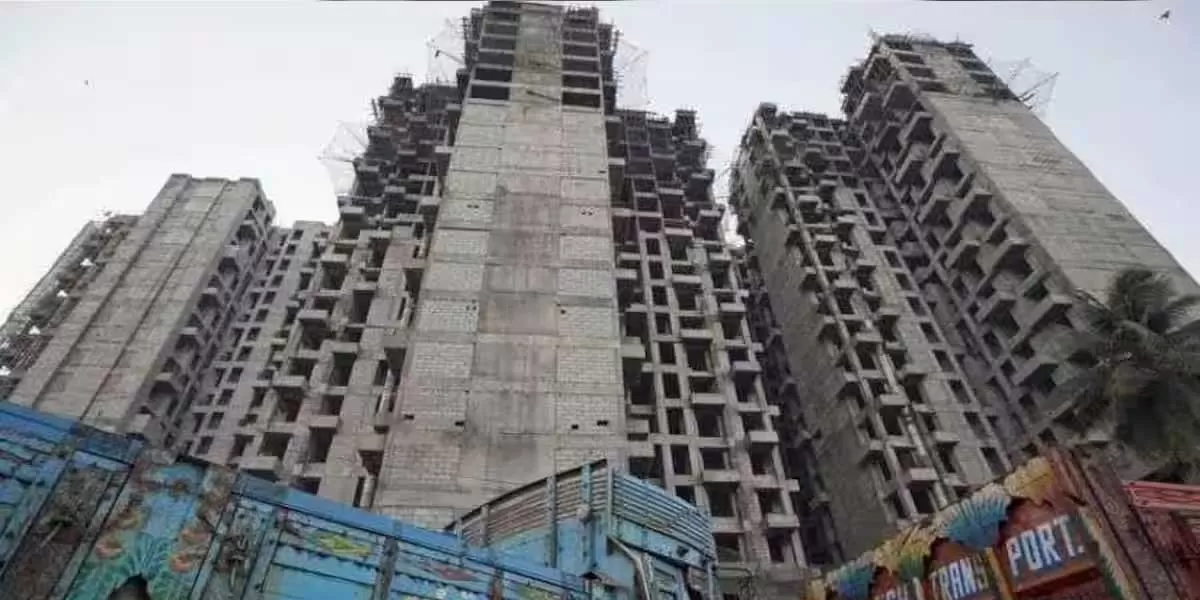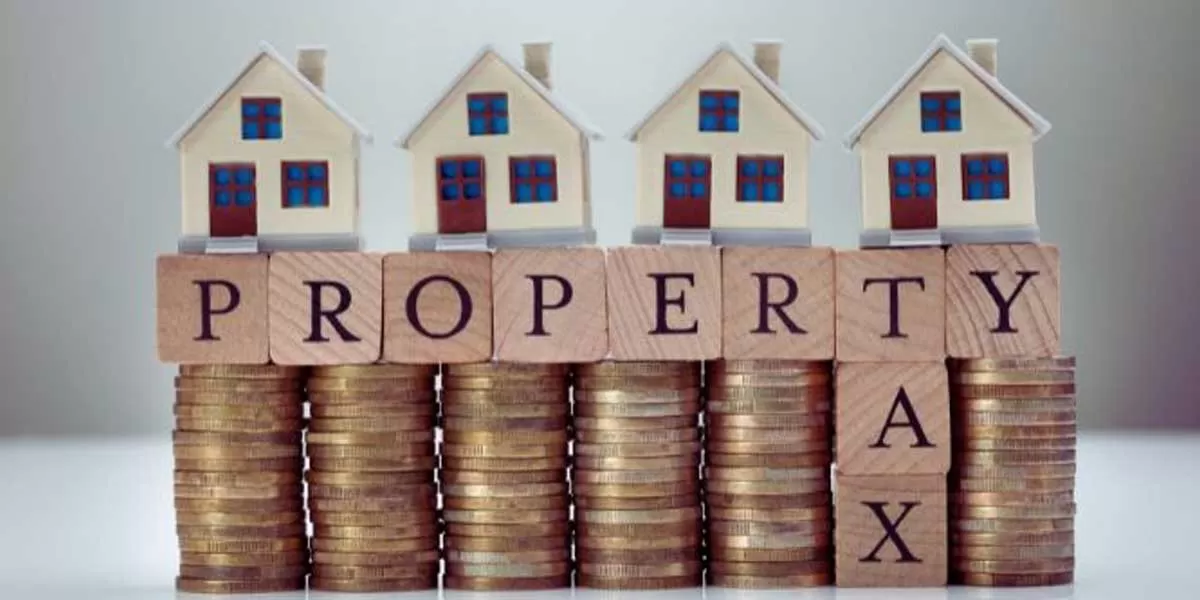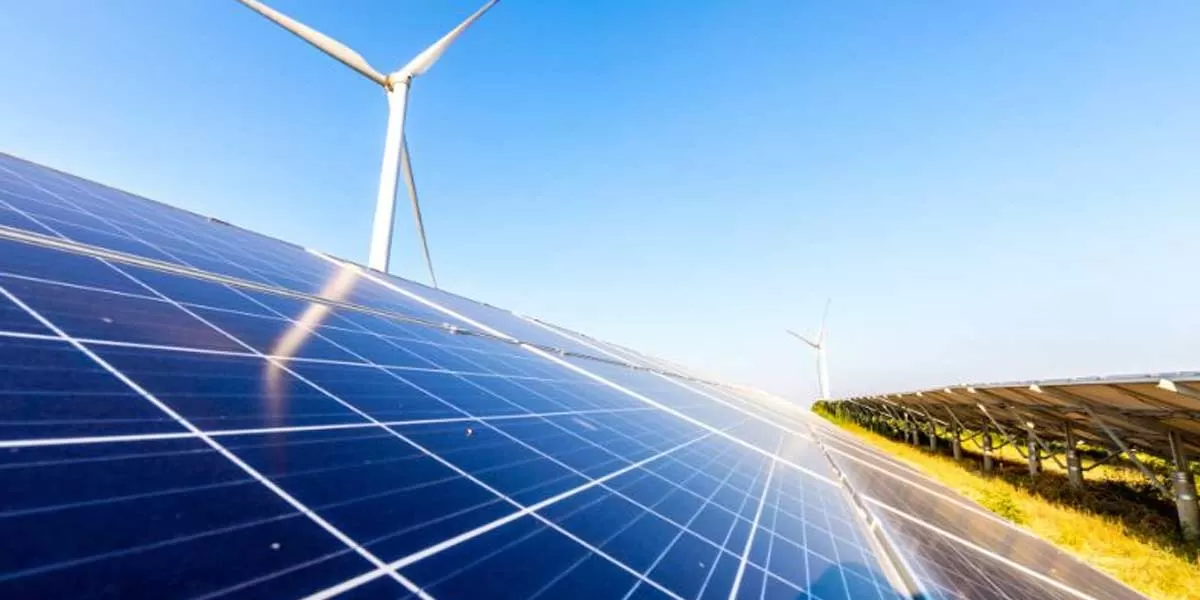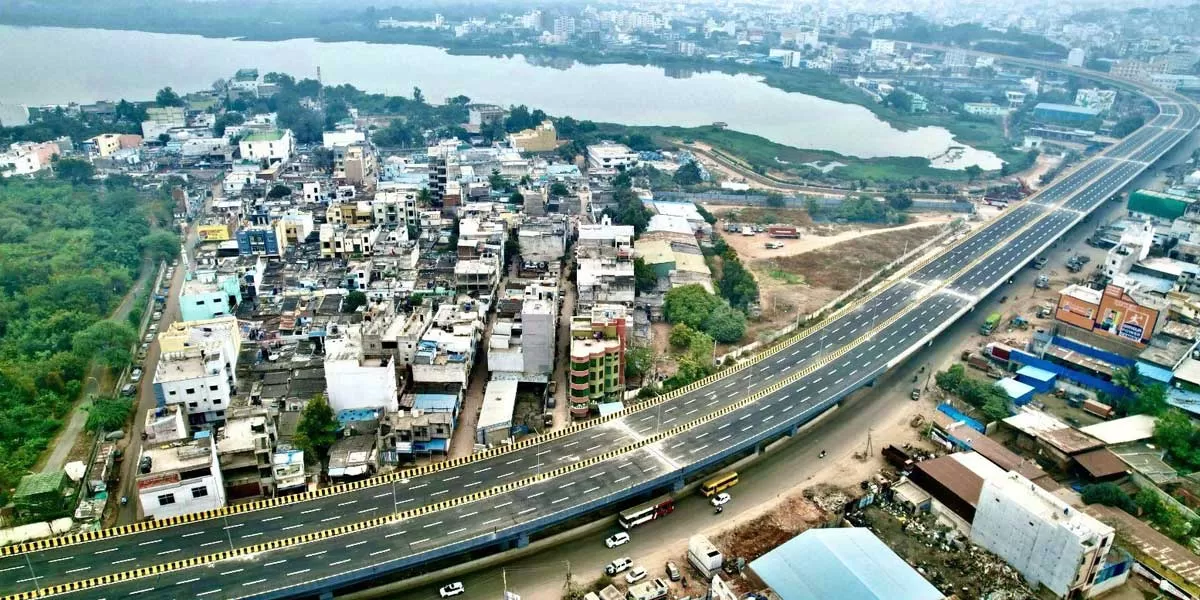
Redefine the future of urban mobility! Join us at the Metro Rail Conference 2025 to explore groundbreaking ideas and insights. 👉 Register today!

Nagpur Body Collects Rs 836 Million in Property Tax as Scheme Ends
The Nagpur Municipal Corporation (NMC) concluded its property tax rebate scheme on December 31, 2024, amassing Rs 836 million from 1,63,813 property owners between July 1 and December 31. The scheme offered a 10% rebate for online payments and 5% for offline payments, incentivising many to clear their dues. However, a significant number of taxpayers missed the opportunity. Earlier in the financial year, NMC introduced higher rebates of up to 15% for online payments and 10% for offline payments for dues cleared before June 30, 2024. This earlier phase of the scheme resulted in Rs 768.5 mil..

Tata Power Invites EoI for 500 MW Renewable Energy Procurement
Tata Power Trading Company (TPTCL), a subsidiary of Tata Power, has released an Expression of Interest (EoI) to procure up to 500 MW of renewable energy, encompassing solar, wind, hybrid, hydroelectric projects, or green attributes for a contract period of up to 25 years. Interested bidders must submit their proposals by January 31, 2025. The procurement scope includes off-taking energy or green attributes generated from renewable projects, with flexibility for physical or virtual procurement. The delivery point will be the interconnection between the project and the central or state transmi..

Andhra Pradesh to Lift Ban on 22A Lands, Resurvey to Begin January 20
The Andhra Pradesh government has announced plans to lift the ban on 22A lands, a move aimed at benefiting economically disadvantaged groups. District collectors have been instructed to submit reports within three days, detailing the number and categories of 22A lands in their jurisdictions. Additionally, the state will restart a comprehensive land resurvey on January 20. Revenue Minister Anagani Satya Prasad criticised the previous government for allegedly misusing 22A provisions to harass landowners and facilitate land grabbing. He stated that 450,000 acres were unlawfully exempted from the..















